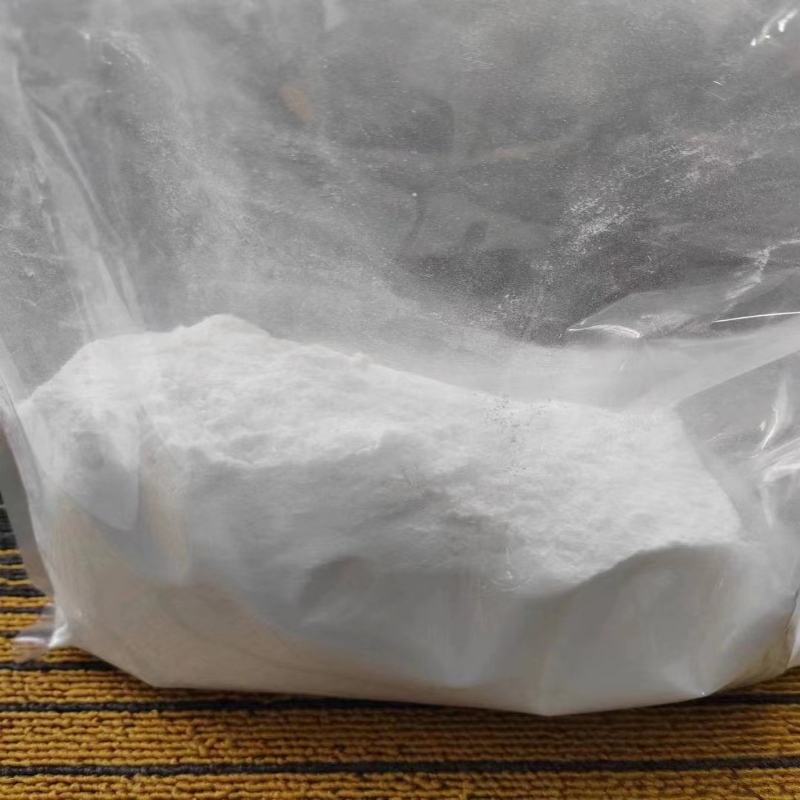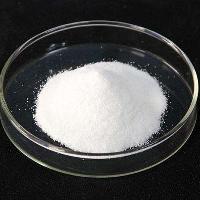-
Categories
-
Pharmaceutical Intermediates
-
Active Pharmaceutical Ingredients
-
Food Additives
- Industrial Coatings
- Agrochemicals
- Dyes and Pigments
- Surfactant
- Flavors and Fragrances
- Chemical Reagents
- Catalyst and Auxiliary
- Natural Products
- Inorganic Chemistry
-
Organic Chemistry
-
Biochemical Engineering
- Analytical Chemistry
- Cosmetic Ingredient
-
Pharmaceutical Intermediates
Promotion
ECHEMI Mall
Wholesale
Weekly Price
Exhibition
News
-
Trade Service
Cholinergic neurons located in the Meynert basal nucleus (NBM) provide the cerebral cortex with major cholinergic inputs that are essential
for cognitive function.
Autopsy studies tracked two major cholinergic projection pathways from NBM to the neocortex: the medial and lateral pathways
.
The medial pathway advances through the white matter (WM) axons of the rectal gyrus, bends in the beak of the corpus callosum, and enters the cerebellar tract, projecting to the paraolfactory area, cingulate gyrus, and posterior occipital cortex
.
Figure 1: Cover image of the paper
Recent studies based on diffusion tensor imaging (DTI) examine these pathways, providing an opportunity
to study the integrity of the cholinergic system and its potential links to cognitive performance and pathophysiological processes in vivo.
The strategic location of the NBM and its connection circuit to the cerebral cortex leads to its increased
vulnerability to cerebral pathology.
For example, cholinergic neurons are affected in the early stages of Alzheimer's disease (AD)-associated jaundice because they are close to the severely affected basal temporal region, which may also alter their wiring to the cortex
.
In addition, other age-related conditions can also affect the integrity of
the cholinergic system.
A recent study showed that WM lesions (WMLs) are considered a marker of cerebrovascular disease and are often found
on MRI in older adults.
Interestingly, although WMLs are associated with the integrity of cholinergic projection systems, neither WML burden per se nor NBM volume contributes to
cognitive performance.
These findings raise the question of whether other age-related conditions other than WMLs affect the integrity
of cholinergic projection in people without cognitive impairment.
In this study, Nira Cedres et al.
of Caroline Medical College, Sweden, explored the contribution
of amyloid and tau pathology, together with cerebrovascular disease, to cholinergic WM projection degradation in people with cognitive impairment.
Addressing these research questions is important
to assess whether and how pathological phenomena other than cerebrovascular disease affect the integrity of cholinergic projection in people without cognitive impairment.
The pathological effects
of amyloid and tau are evaluated by the Aβ42/40 ratio of CSF and the level of phosphorylated tau (p-tau).
CSF Aβ38 levels
were also measured.
Cerebrovascular pathology is assessed by automatic segmentation of WM lesions (WMLs) on MRI
.
WM projection of cholinergics (i.
e.
, neurons and external capsule pathways) is modeled
using an atlas based on diffusion tensor imaging data.
Gender and APOE e4 carriers were also included as relevant variables in the
analysis.
Figure 2: Graph of paper results
They included 203 individuals without cognitive impairment (all 70 years old and 51% female)
from the H70 Gothenburg birth cohort study.
The WMlesion burden was the most important factor leading to the degradation of the two cholinergic pathways (increased mean squared error [IncMSE] = 98.
8% for the external capsule pathway and 93.
3% for the cerebellar pathway).
Levels of Aβ38 and p-tau also contribute to the degeneration of cholinergic WM, especially in the exocystic pathway (IncMSE=28.
4% and IncMSE=23.
4%)
.
The Aβ42/40 ratio did not significantly contribute to the model (IncMSE< 3.
0%)
.
APOE e4 carriers showed poor cerebellar integrity (IncMSE=21.
33%)
.
Women had poor external capsule pathway integrity (IncMSE=21.
55%), which was independent of amyloid status, which was reflected in a less significant difference in integrity when comparing amyloid-positive versus amyloid-negative female participants (T201=-1.
55; P=0.
123).
The significance of this study lies in the discovery that WMLs play a central role
in the degeneration of cholinergic pathways in older adults without cognitive impairment.
The findings highlight the importance of the burden of WM lesions in the elderly population, which
should be taken into account when developing prevention protocols for neurodegeneration and cognitive impairment.
Original source:
Cedres N, Ferreira D, Nemy M, et al.
Association of Cerebrovascular and Alzheimer Disease Biomarkers With Cholinergic White Matter Degeneration in Cognitively Unimpaired Individuals.
_Neurology_.
2022; 99(15):e1619-e1629.
doi:[10.
1212/WNL.
0000000000200930](https://doi.
org/10.
1212/WNL.
0000000000200930)







